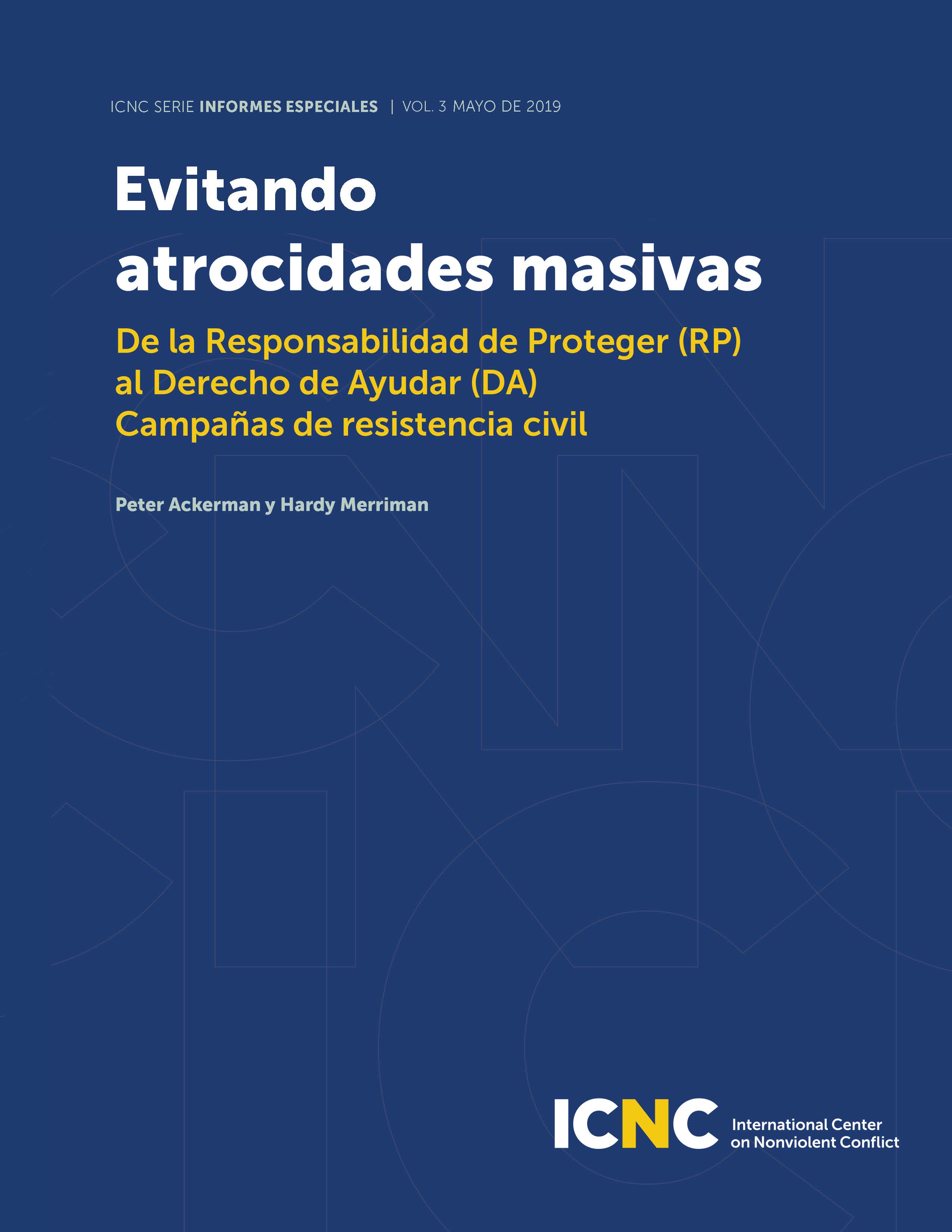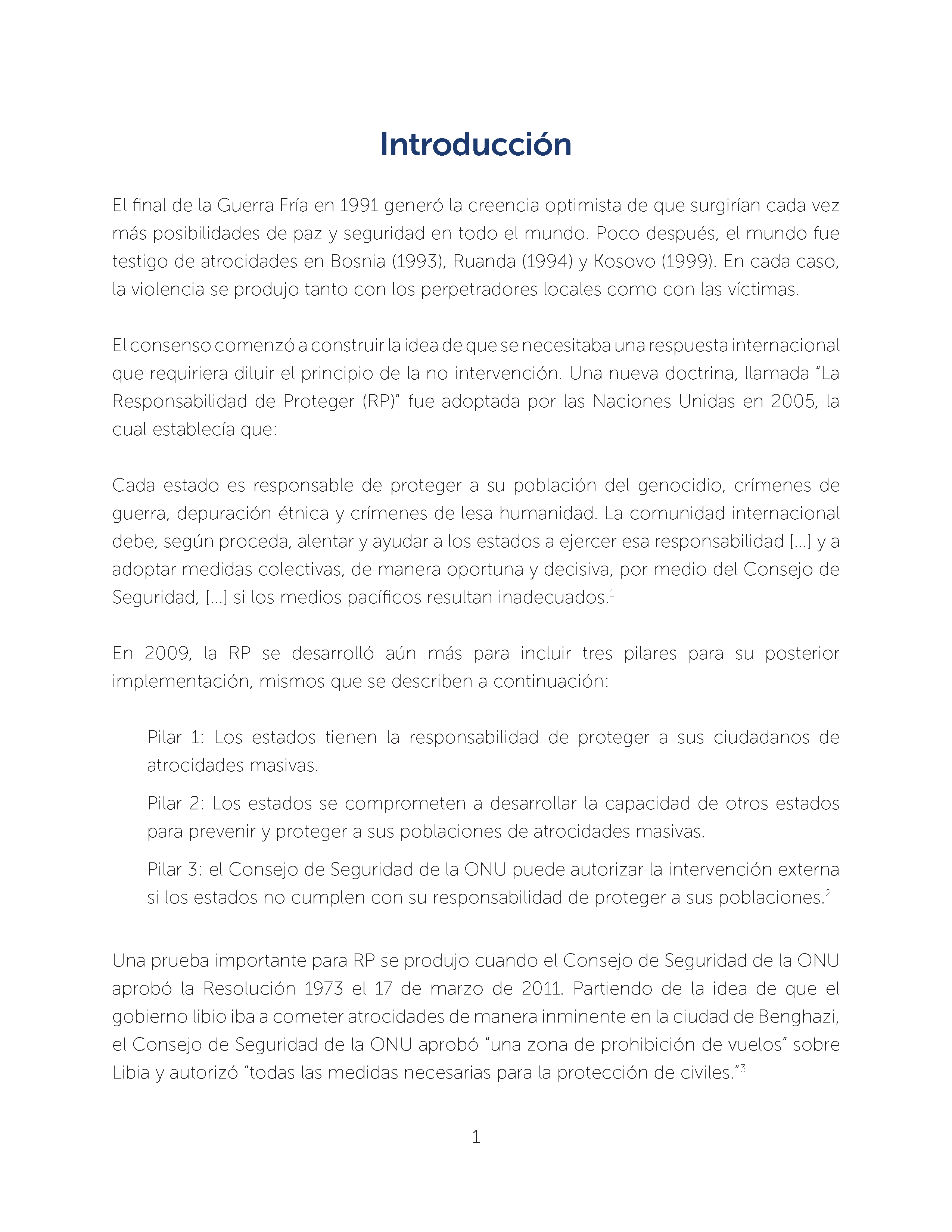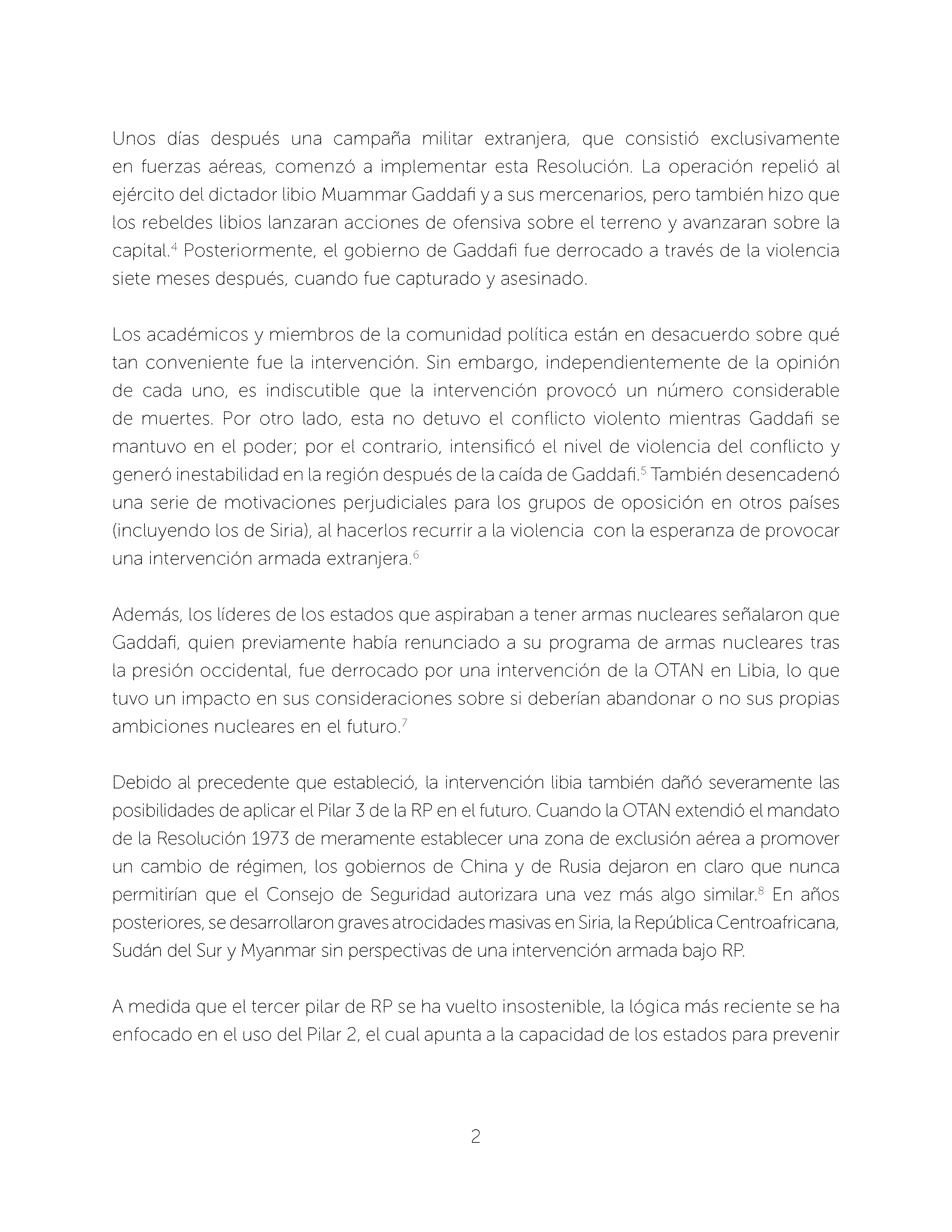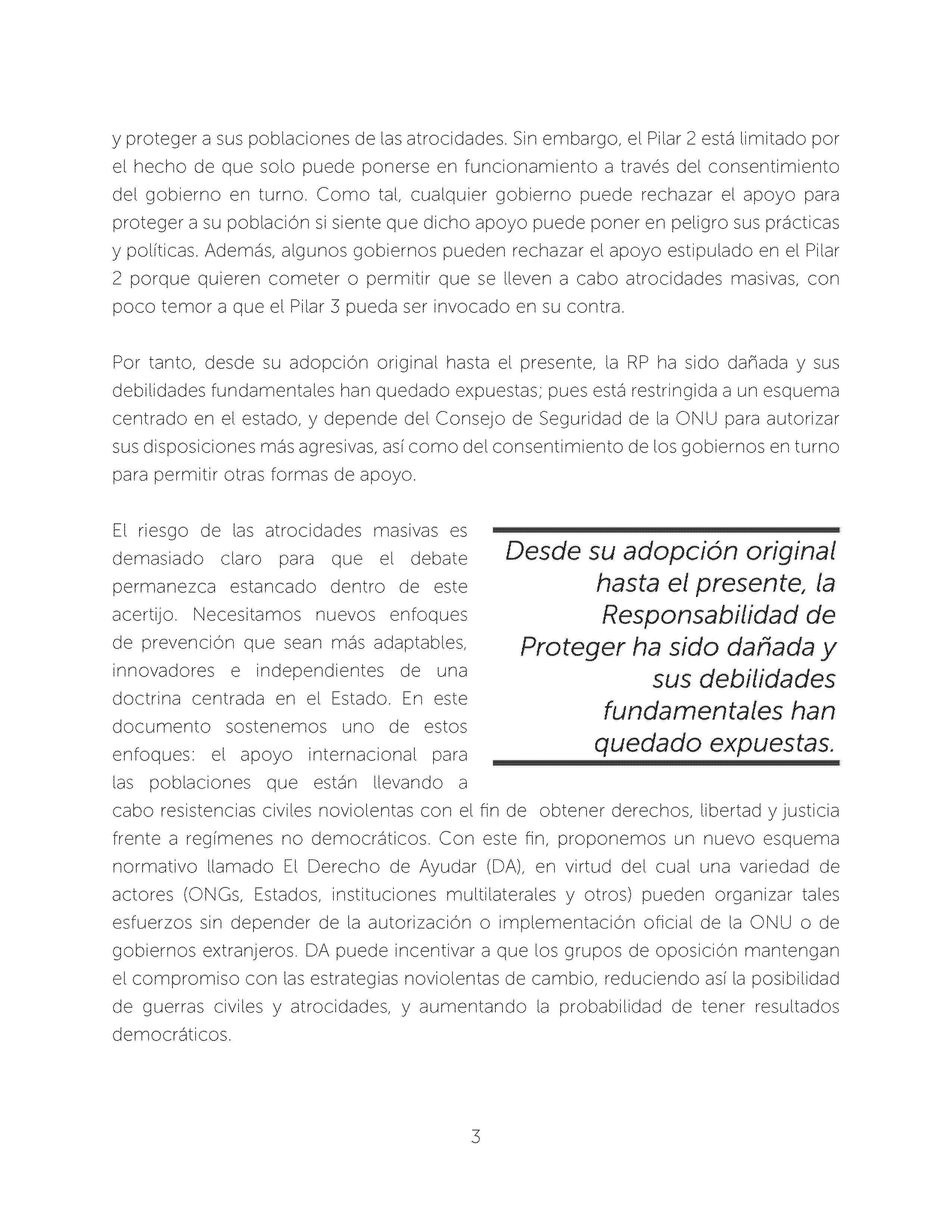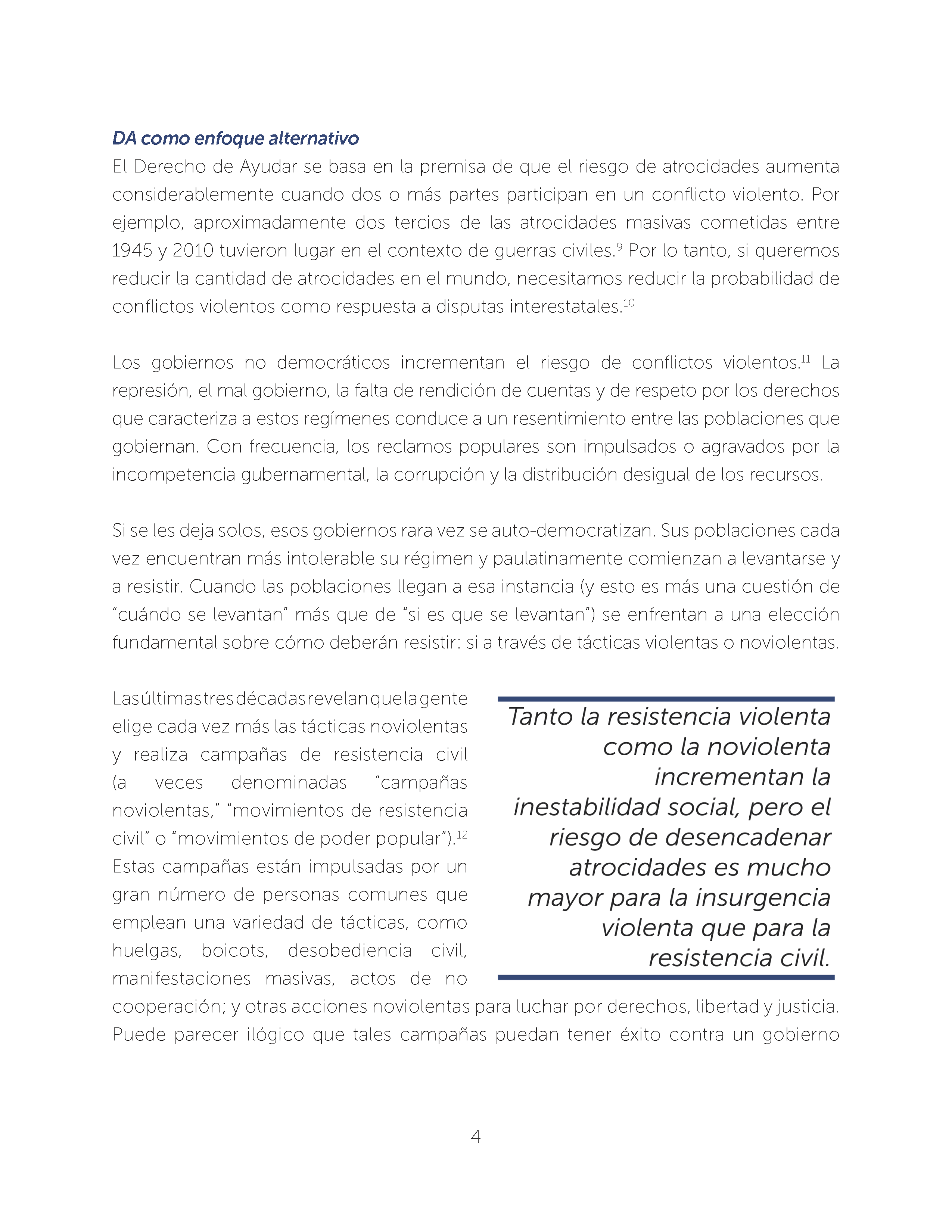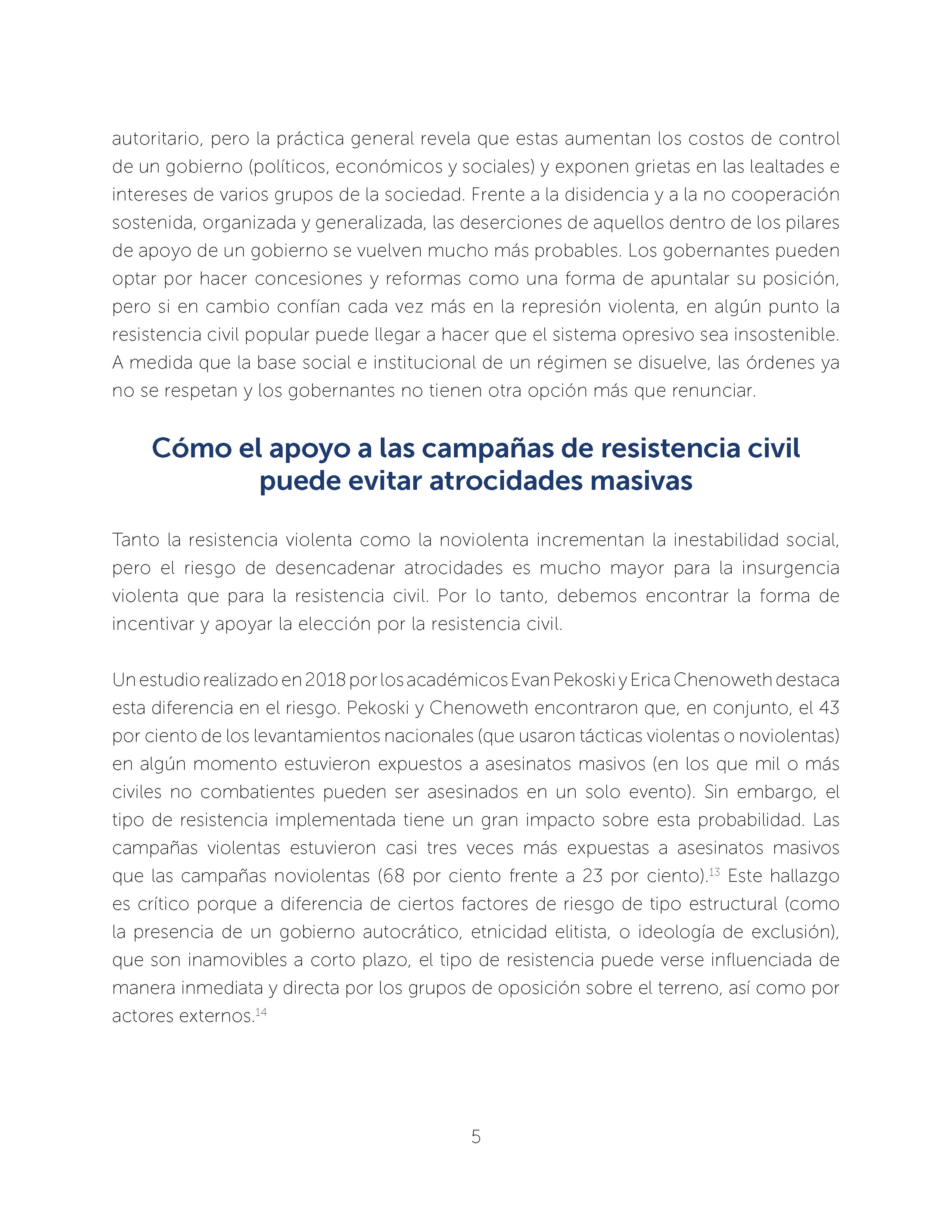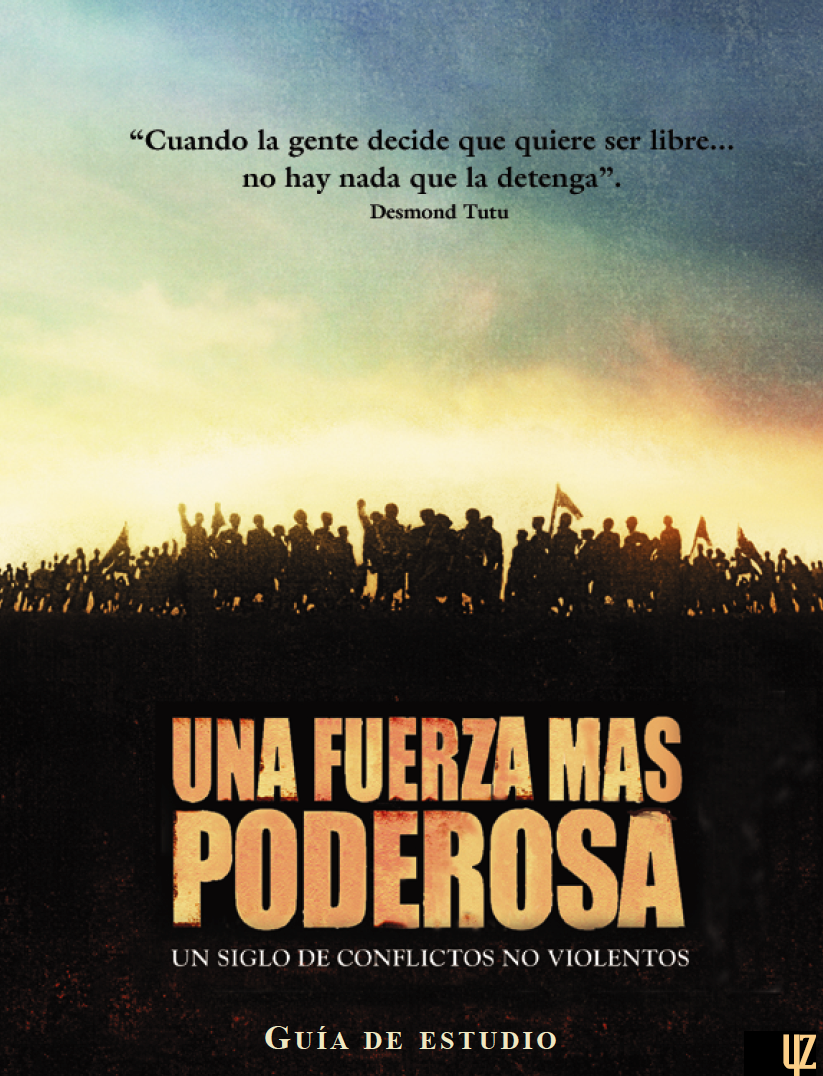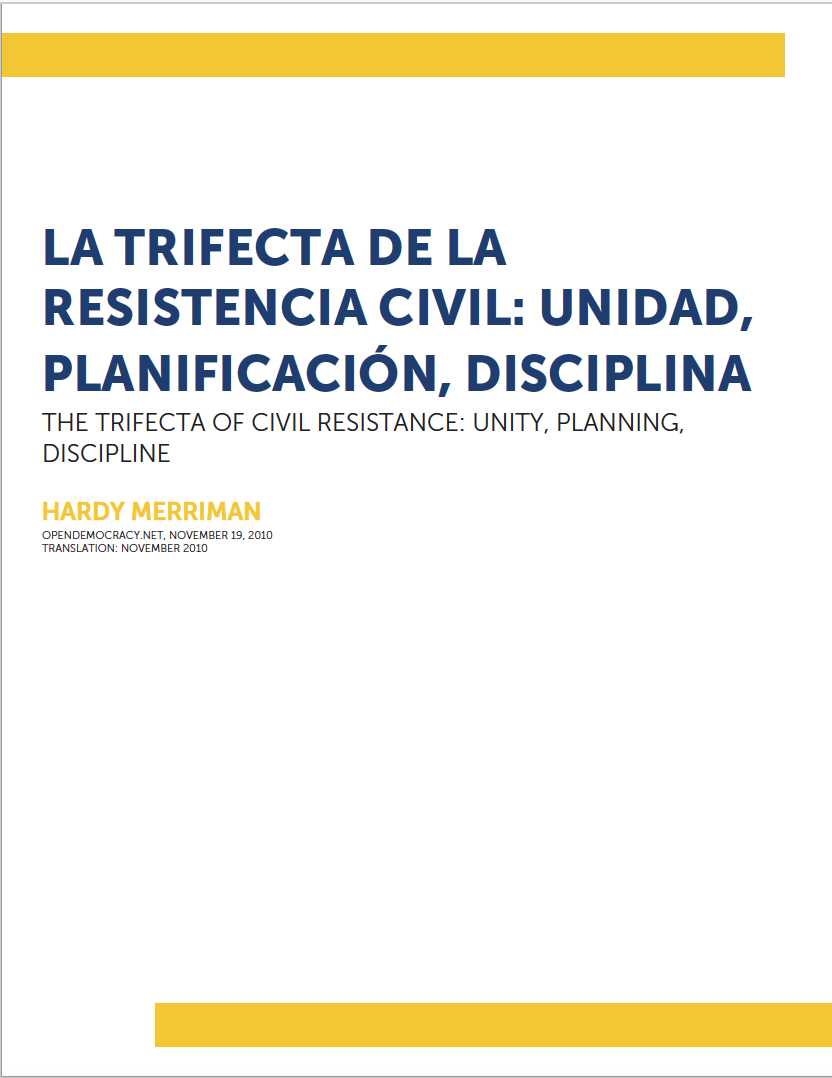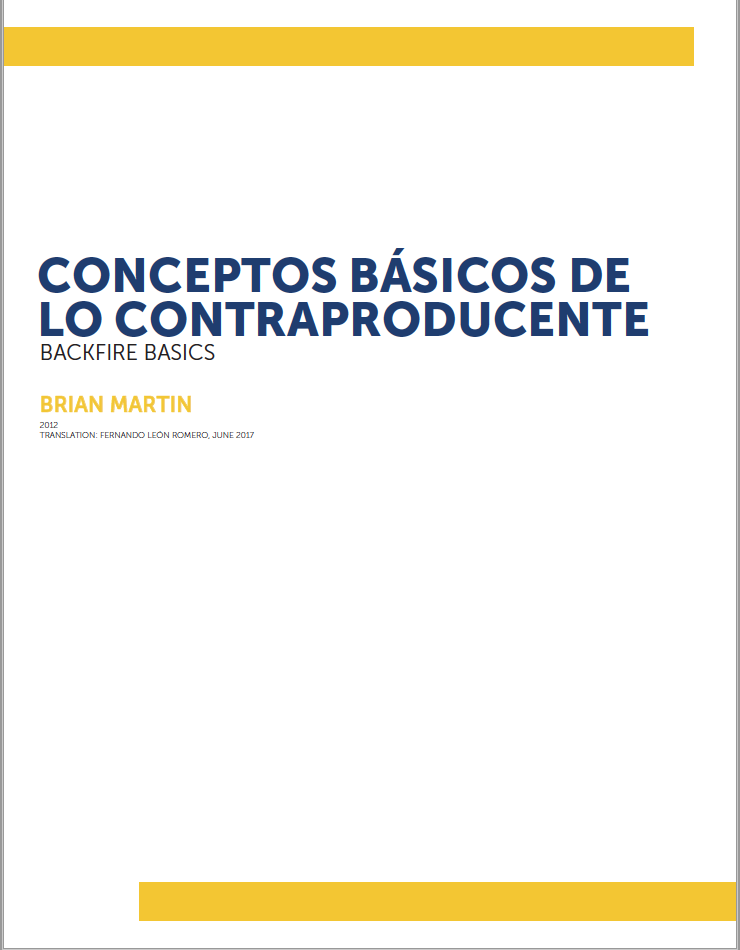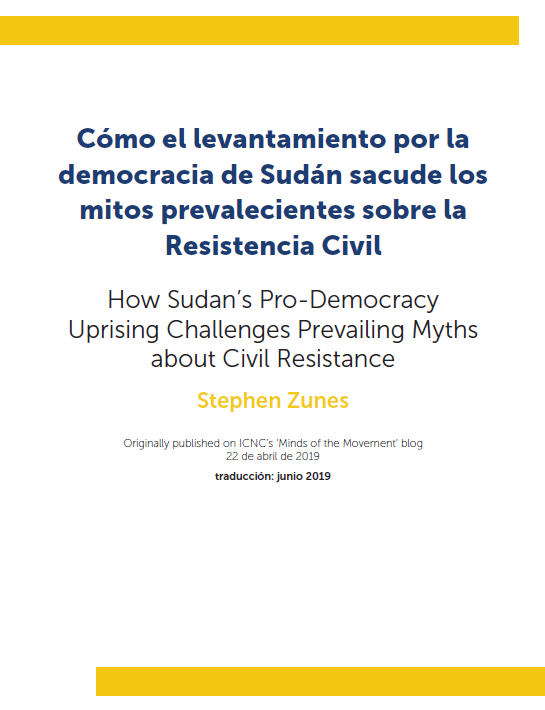Evitando Atrocidades Masivas: De la Responsabilidad de Proteger (RP) al Derecho de Ayudar (DA) Campañas de resistencia civil
El Derecho de Ayudar se basa en la premisa de que el riesgo de atrocidades aumenta considerablemente cuando dos o más partes participan en un conflicto violento. Por ejemplo, aproximadamente dos tercios de las atrocidades masivas cometidas entre 1945 y 2010 tuvieron lugar en el contexto de guerras civiles. Por lo tanto, si queremos reducir la cantidad de atrocidades en el mundo, necesitamos reducir la probabilidad de conflictos violentos como respuesta a disputas interestatales.
Los gobiernos no democráticos incrementan el riesgo de conflictos violentos. La represión, el mal gobierno, la falta de rendición de cuentas y de respeto por los derechos que caracteriza a estos regímenes conduce a un resentimiento entre las poblaciones que gobiernan. Con frecuencia, los reclamos populares son impulsados o agravados por la incompetencia gubernamental, la corrupción y la distribución desigual de los recursos.
ICNC Press, May 2019
Comprar una copia impresa
Translation by: Fernando León Romero, February 2020
Translation edited by: María Sánchez Cárdenas
